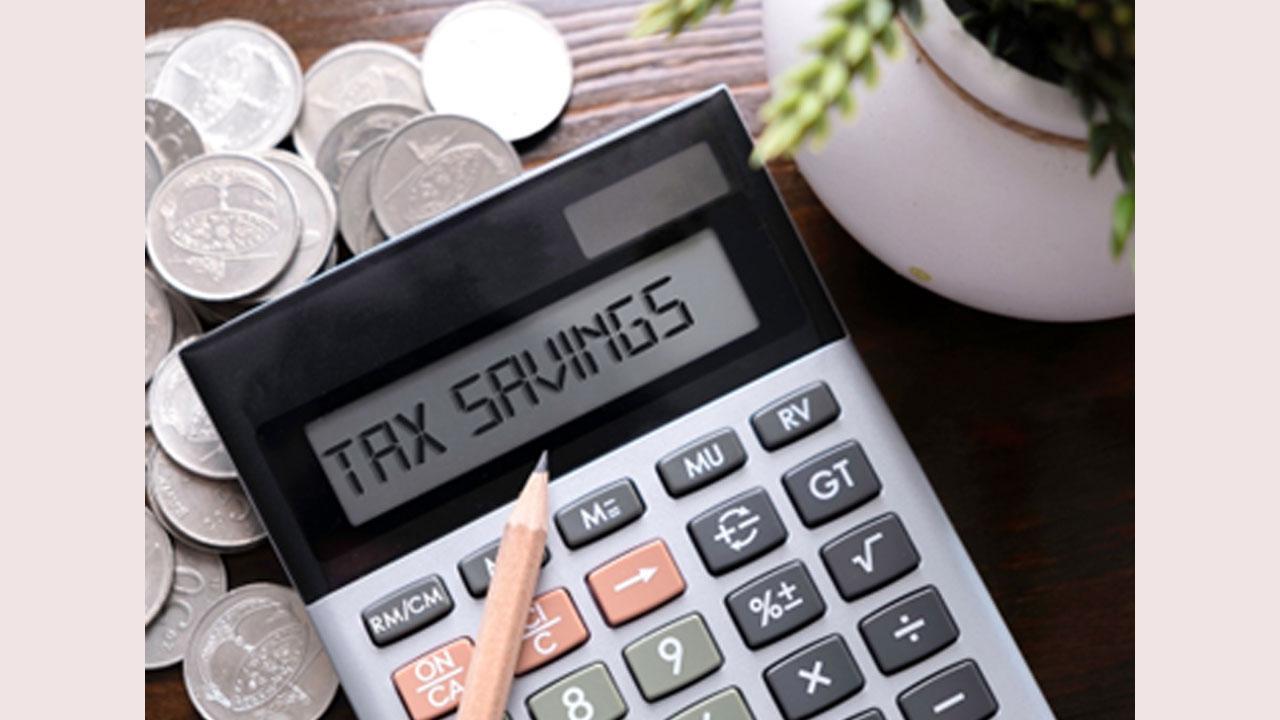Tax Saver FDs help people reduce their tax expenses under the Income Tax Act, Section 80C.

Tax Saver Fixed Deposits offer a smart option to save taxes under Section 80C. However, ineffective tax planning can occur if you make common money mistakes elsewhere. By understanding what Tax Saver FDs entail and integrating them strategically with your portfolio while avoiding pitfalls like credit card debt, you can leverage them for maximum benefits.
Read on to learn more about utilising these specialised fixed deposits for tax savings correctly. With some financial diligence, Tax Saver FDs allow you to optimise your tax planning ethically.
ADVERTISEMENT
Introduction Tax Saver FD and Avoiding Common Credit Card Mistakes
Tax Saver FDs help people reduce their tax expenses under the Income Tax Act, Section 80C. You can invest up to Rs 1.5 lakhs per year in these FDs and get a deduction on the same. Tax Saver FDs work similarly to regular fixed deposits. But, to make the most of them, you must integrate them well with your overall financial planning.
This is where avoiding common money mistakes becomes vital. For instance, the five most frequently committed credit card errors can ruin havoc on savings goals. Credit card slip-ups can also undermine tax-saving efforts, from missed payments and hefty interest charges to cash advance fees and bad credit scores. So dodging credit card pitfalls is invaluable if you want to optimise your returns from Tax Saver FDs or stay on track with financial targets.
Understanding Tax Saver Fixed Deposits
It is a fixed deposit offering tax benefits under Section 80C of the Income Tax Act. The main purpose of these FDs is to encourage savings by individuals while also providing them with tax exemptions. Like regular fixed deposits, Tax Saver FDs provide guaranteed returns in the form of interest.
Tax Saver FDs have a 5-year lock-in period and do not allow premature withdrawal except in exceptional circumstances. The combined amount invested in Tax Saver FDs, FD online, and other Section 80C instruments cannot exceed Rs 1.5 lakhs annually. Although Tax Saver FDs have restrictions, they offer tax exemption benefits, allowing for strategic tax planning by investors.
Eligibility and Terms for Tax Saver FDs
Tax Saver Fixed Deposits eligibility criteria and terms that investors should know. Only resident individuals and Hindu Undivided Families (HUFs) can invest in these FDs online. The lock-in tenure is 5 years, during which premature withdrawal or closure is not allowed except under special circumstances. The combined deposits to all Section 80C instruments like Tax Saver FDs must be at most Rs 1.5 lakhs annually.
Tax Saver FDs offer varying interest rates similar to regular FDs. The accrued interest is tax deductible under Section 80TTA, but TDS is deducted if the income exceeds Rs 40,000. These FDs mature only once in 5 years, and renewal is possible by submitting forms. Liquidity and tenure restrictions apply.
The Role of Tax Saver FDs in Tax Planning
Tax planning helps reduce tax liability. One way is to invest in tax-saving fixed deposits and offer deductions under Section 80C. Individuals and HUFs can lower their taxable income by up to Rs 1.5 lakhs by investing annually in these FDs. Tax Saver FDs provide fixed returns and tax exemption benefits. They can be used with other Section 80C options like PPF, NSC, and ELSS.
Moreover, the interest earned on Tax Saver FDs also qualifies for additional tax savings under Section 80TTA. Therefore, for medium to long-term financial planning goals, Tax Saver FDs can strategically minimise taxes and build wealth. However, financial discipline regarding savvy credit card usage is equally vital for effective tax planning through these FDs.
Common Financial Mistakes to Avoid
1. Paying Late or Missing Minimum Payments
Forgetting credit card payment deadlines or paying late can lead to hefty late fees, penalty rates, and credit score damage. This can negatively impact loan and financing applications. Set payment reminders and auto-pay to avoid slipping up and tarnishing your credit profile.
2. Carrying High Balances and Debt
It's tempting to overspend with credit cards, but carrying debt across billing cycles leads to mounting interest charges. This makes purchases far more expensive over time and eats into savings. Pay off all balances promptly before interest accrues.
3. Withdrawing Cash Advances
Cash advances offer quick access to cash, but the fees and rates are exceptionally high. Avoid ATM/bank withdrawals on credit cards unless faced with absolute emergencies, as the debt can accumulate quickly and impact online FD goals.
4. Not Reviewing Statements
Many faulty charges or fraudulent transactions slip by unnoticed. Comb through statements carefully each billing cycle to catch discrepancies early and dispute errors. This prevents losing hard-earned money.
5. Not Comparing Card Deals
Failure to periodically evaluate credit card terms and switch to cards offering lower rates or better rewards results in financial loss. Shop competitor deals to upgrade benefits over time.
Conclusion
Tax Saver FDs are a great tool for tax planning under Section 80C. You get fixed returns for 5 years and can invest up to Rs 1.5 lakhs annually to reduce taxable income. But to maximise wealth output, diversify across various 80C instruments. Also, use your credit card wisely to make the best use of tax-saving investments. Avoid common credit card errors to get optimal gains.
 Subscribe today by clicking the link and stay updated with the latest news!" Click here!
Subscribe today by clicking the link and stay updated with the latest news!" Click here!








